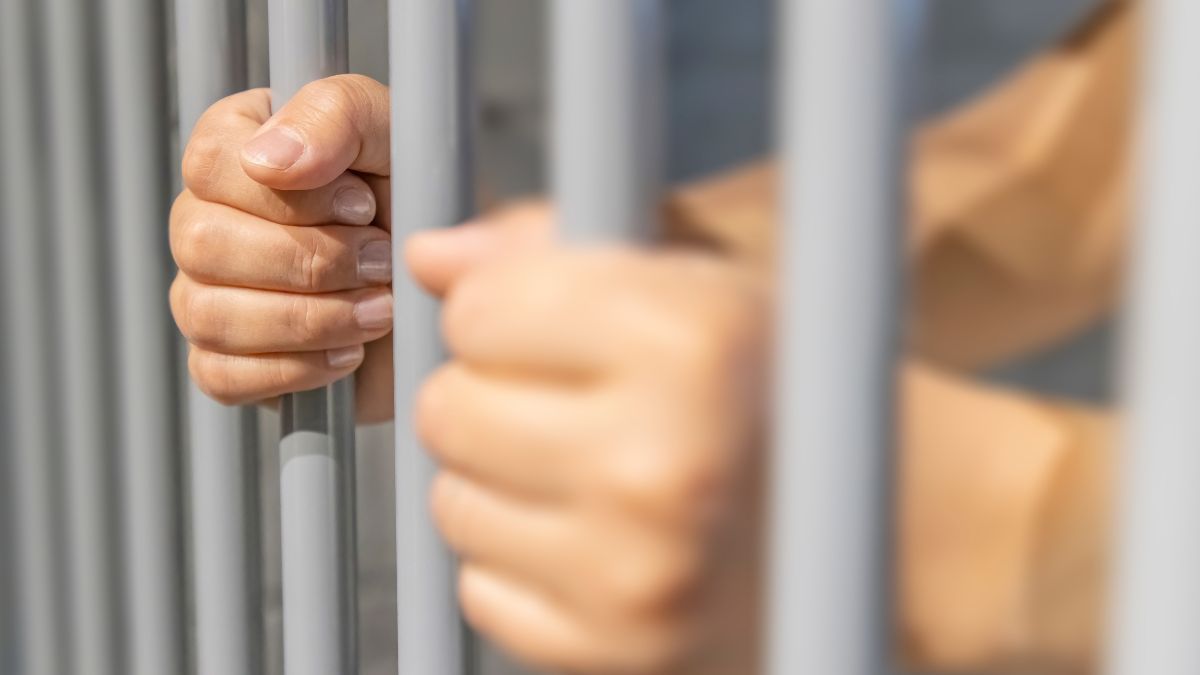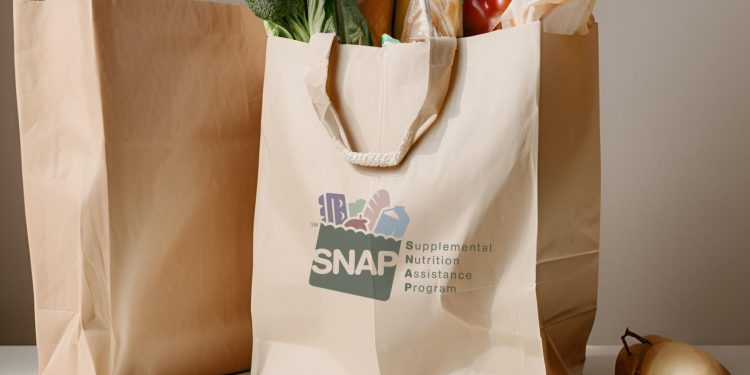Significant changes could be approved in the Supplemental Nutrition Assistance Program known as SNAP benefits, formerly known as food stamps. A bill proposed by Senator Debbie Stabenow, chair of the Senate Agriculture Committee, could impact the accessibility of SNAP benefits for millions of Americans and legal residents.
If the new law is passed, it includes cuts in the program’s monthly benefits with a potential reduction of up to $7 per average household due to the freezing of food inflation adjustments. While this might seem like a small amount, for families below the poverty line or at risk of food insecurity, it could mean one less meal on the table each day.
Michael Ryan, a finance expert, told Newsweek that although the individual impact wouldn’t be huge, it’s significant for these families. Additionally, Alex Beene, a financial education expert, emphasizes the need to assess whether the proposed changes will be sufficient to meet the growing demand for SNAP benefits in the future, especially considering rising prices and concerns about a potential decrease in available jobs.
“Ultimately, this goes back to just how many Americans will need SNAP benefits in the coming years and will these revisions be adequate enough to meet that demand,” Beene said. “With rising prices and fears that stellar employment numbers may not stay at their current rate forever, there is a legitimate fear that more, not less, funding and monthly payment amounts will be needed.”
Potential Improvements and Impact on SNAP Beneficiaries
On one hand, it has been suggested that the law could expand eligibility by removing restrictions that prevent convicted individuals from receiving SNAP benefits. While this could benefit more citizens, it also sparks controversy among those who believe that public assistance should not be allocated to certain groups, including individuals with criminal backgrounds and severe legal issues.
“This new change would likely see a lot of vitriol from individuals seeing public assistance going to individuals that may be seen as usually not applicable,” Kevin Thompson, a finance expert and the founder/CEO of 9i Capital Group, told Newsweek.
Similar to Stabenow’s bill, another proposed legislation presents challenges in terms of debates and controversies. This is the Re-Entry Support Through Opportunities for Resources and Essentials Act, or RESTORE, proposed by Democratic Representative Steve Cohen of Tennessee. This Cohen’s bill also proposes that individuals with drug-related convictions be eligible for SNAP benefits despite having criminal records.
According to Prison Policy Initiative, around 360,000 people in the United States were imprisoned for drug offenses only in March 2024. The controversy dates back to 1996 when President Bill Clinton banned individuals convicted of federal or state drug-related crimes from qualifying for SNAP benefits or Temporary Assistance for Needy Families (TANF).

Could SNAP Benefits Change Forever With This Modifications?
Returning to Stabenow’s bill, known as the Rural Prosperity and Food Security Act of 2024 (RPFSA), here are some of the key points it proposes:
- Focusing on creating more equitable systems in food and agriculture.
- Addressing conservation and climate challenges that affect food security.
- Enhancing collaborations between public and private sectors for agricultural research and preserving organic certifications for farmers and products in this sector.
- Supporting local farming communities and markets to streamline supply chains and promote access to products.
- Making crop insurance more accessible and affordable without disrupting commodity prices.
- Working on improving access to land and credit for farmers.
In addition to the previously stated, within the program there are general changes in the SNAP benefits program that would affect both the program budget and the amount of benefits that each individual receives, among which can be mentioned:
- Excluding the military housing allowance when calculating SNAP income.
- Waiving SNAP eligibility restrictions for college students under 25 and those who aged out of foster care.
- Not counting income from job training programs for SNAP benefits.
- Reinstating SNAP benefits for drug felony convicts with a 30-day pre-release application window.
- Adding Puerto Rico to the SNAP benefits program.
- Boosting funding for SNAP education initiatives.

